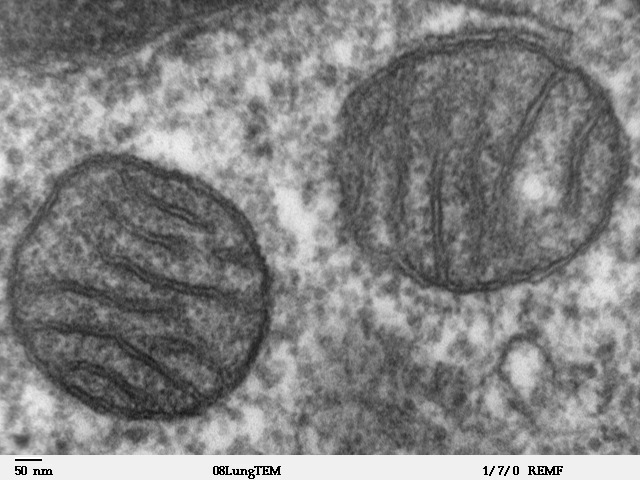These are the kinds of things that keep me awake at night, pondering and pondering.
1) My parents had a pool installed in the back yard when I was a teenager. Soon after, I found myself wondering how much Jello mix it would take to fill the pool with Jello (answer: about $1,200 worth, given Jello at $0.30/pack). I figured that in the fall, there'd be a day when the temperature would be at around 40 degrees, and the pool had a heater, so I could mix in all the Jello mix as directed. Unfortunately, I was never able to put this experiment into practice, so the question still plaguing me is: If I were to belly-flop in to a pool of Jello, would I a) bounce back, b) land flat, or c) sink into the Jello?
I even tried using physics for this. I mass about 60 kilos (z) and have a ventral surface area of approximately .66 square meters (y). If Jello has a surface resiliency of x, then so long as I zy doesn't exceed xy, I shouldn't sink in. But that still doesn't tell me whether or not I'd bounce or land flat.
2) Do M.D.s actually use the term 'booger', or do they have some kind of complex fancy term for them, like 'congealed mucus globule'? Doctors are strangely unwilling to answer this question when you ask them.
3) If one were in incredibly dire straights, could one survive on pure high fructose corn syrup? Or would its osmolarity spell doom (although neither HFCS nor osmolarity actually spell D-O-O-M or can be reconfigured to say so)?
4) What are the ethics of android sex? I mean, eventually technology is going to produce rather sentient and human-like machineries, so will it be ethical to also give those androids sex drives even though they would, at a nominal assumption, be unable to procreate thereof (that's a whole other issue)? And if so, would they discriminate from one another on a basis of voltage? And, furthermore, would gender differences arise in androids? If so, would they be the result of different programming structures or of socialization?*
5) What if there's another Earth the same size and composition of ours orbiting exactly 6 months ahead/behind us? It'd be always hidden on the other side of the sun so we'd never be able to see it with our telescopes.*
6) What kind of sounds to mitochondria make? Or, for that matter, chloroplasts?
7) Wouldn't it be cool to build a gigantic (e.g., 15m high) mechanical chicken and pilot it to work everyday? And while at it, why not install some fire-breathing apparatus?
8) While I am relieved that terrestrial bacteria are microscopic, I can't help but wonder if, somewhere in the universe, there are massive, planet-sized Ur-bacteria? And wouldn't it be ironic if multicellular organisms lived on or in them?*
9) Would perchloric acid be spicy or sour?*
10) Let's pretend that there's a giant catapult, say, with the fulcrum in Hawaii and the launch arm ending somewhere in California. If one were to get into the basket at the end and launch themselves, would a) they launch themselves into orbit, b) fall off due to inherent structure instabilities that are inescapable at such large scales with present construction technology, or c) be crushed by G-forces and/or fried crispy by friction from air?








